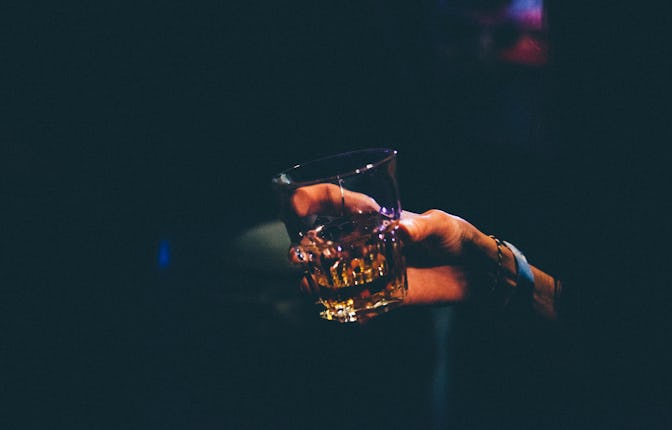These states are less likely to prosecute sexual predators if their victims were drinking
27 states have jarring laws about “voluntary inebriation."

Of the sexual assaults that are reported each year, only about 5% lead to arrest and less than 3% will lead to a felony conviction. Those harsh statistics are one of the reasons that an estimated third of survivors don’t report to police. Add to that the stigma and trauma of surviving sexual assault and you have a not quite total picture of how unfair the criminal justice system is to victims. To make matters worse, 27 states in the U.S. have laws that make it harder to prosecute sexual assault if the victim had been drinking.
According to a data analysis done by USA Today, 27 states distinguish between sexual assault victims who were forced or coerced to become intoxicated and those who chose to drink or take drugs, according to the outlet. In addition, their investigation showed that a majority of states allow for a felony rape conviction only if a victim became incapacitated against his or her will. That means that in more than half of U.S. states, if a person was drinking and became the victim of a sexual predator, that predator could escape being charged for a felony, no matter how heinous the crime.
These cruel and absurd laws aren’t new, but they have come into the spotlight recently. In 2021, the Minnesota supreme court overturned a rape conviction because the victim had willingly consumed alcohol (no specifications about how much constitutes “drinking”). Under Minnesota law at the time, for a sexual assault to meet the standard for a felony conviction, alcohol must be given to the person without that person’s agreement. The case made it clear that lawmakers need to work harder to protect survivors of sexual assault.
Activists and politicians alike are working to remove intoxication loopholes from state laws like the one in Minnesota. Unfortunately, some of these laws, like one proposed by New York senator, Alessandra Biaggi, have stalled in some states. But similar movements have been successful. In 2019, lawmakers in North Carolina passed a bill to close the state’s intoxication loophole.
Organizations like RAINN (Rape, Abuse, and Incest National Network) are working with lawmakers to change the way this country treats survivors and prosecutes offenders. A revised law that removed the intoxication clause was passed in Minnesota in September. The new law makes it possible for sexual assault victims who consume drugs or alcohol to be treated fairly under the law, which honestly, is the barest minimum I can imagine.
If you are a survivor of sexual assault, RAINN offers support through the National Sexual Assault Hotline (800-656-HOPE and online.rainn.org).